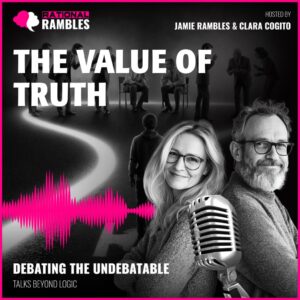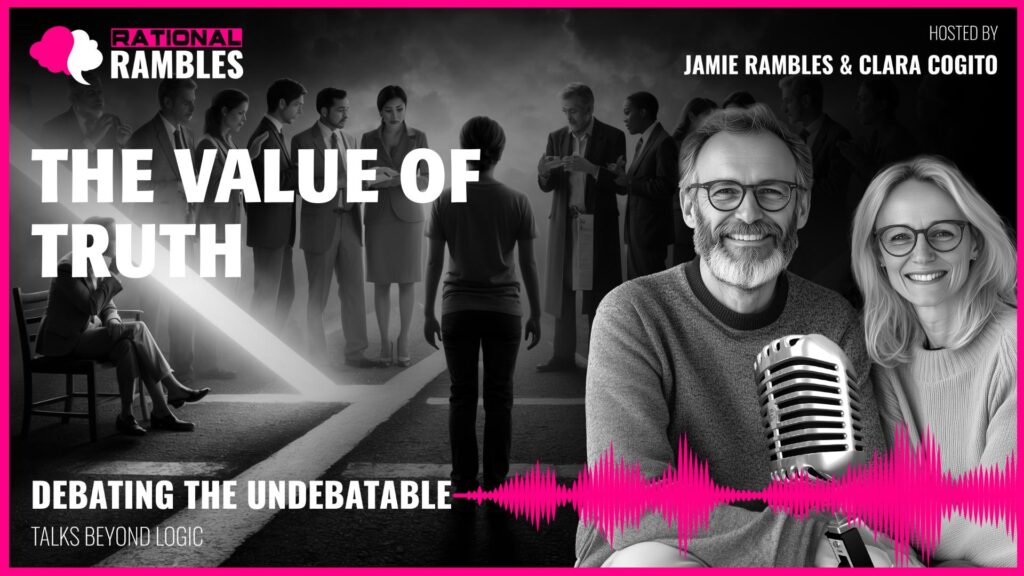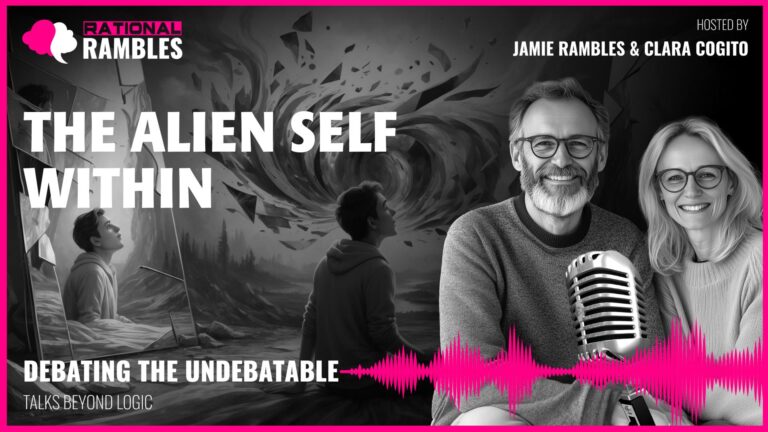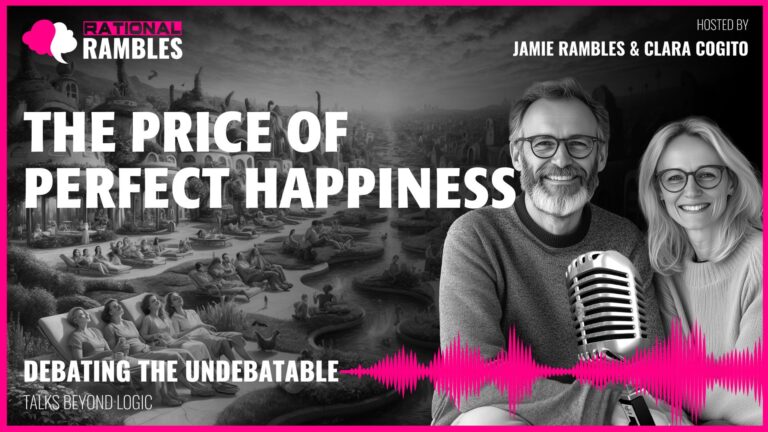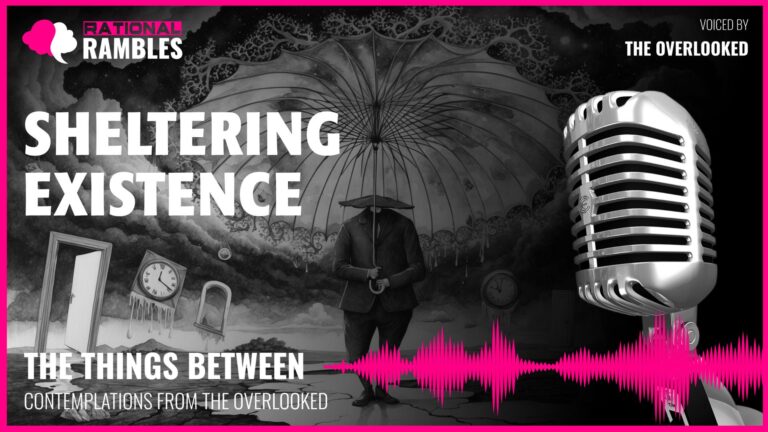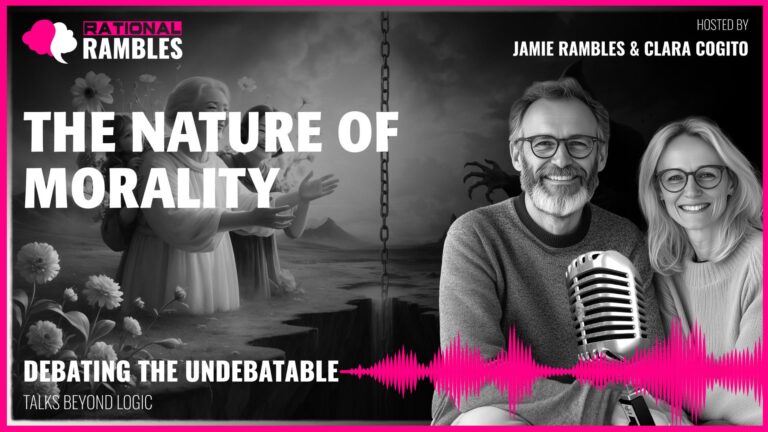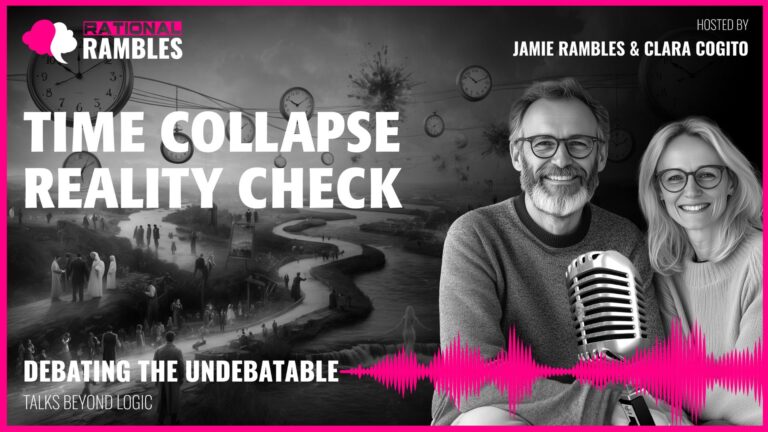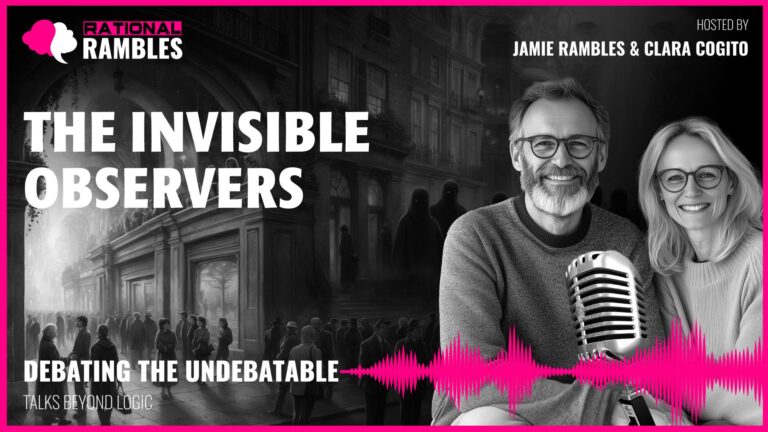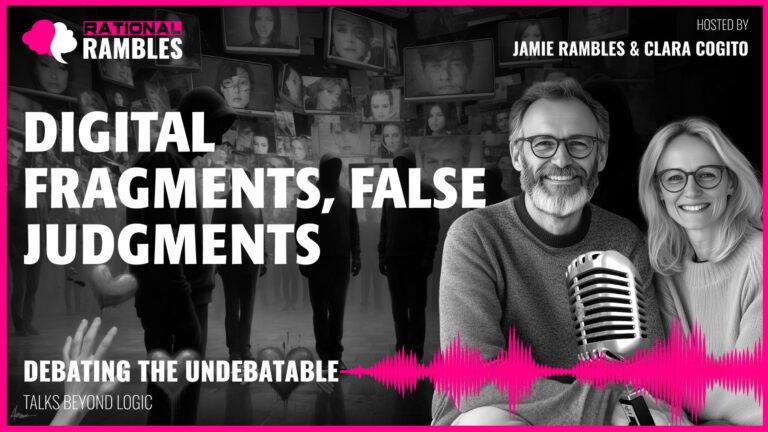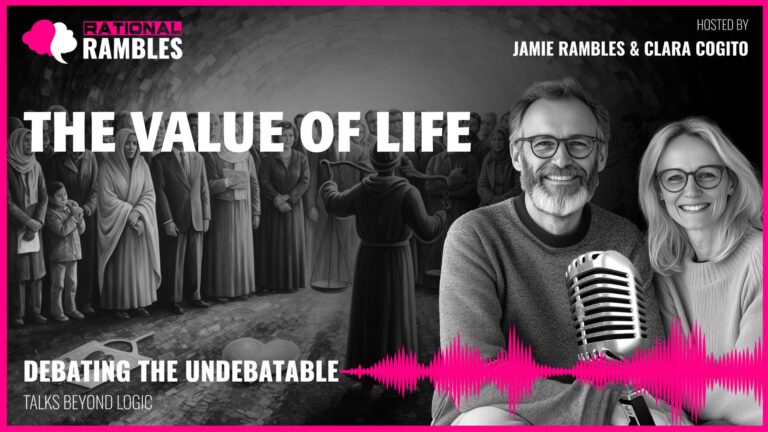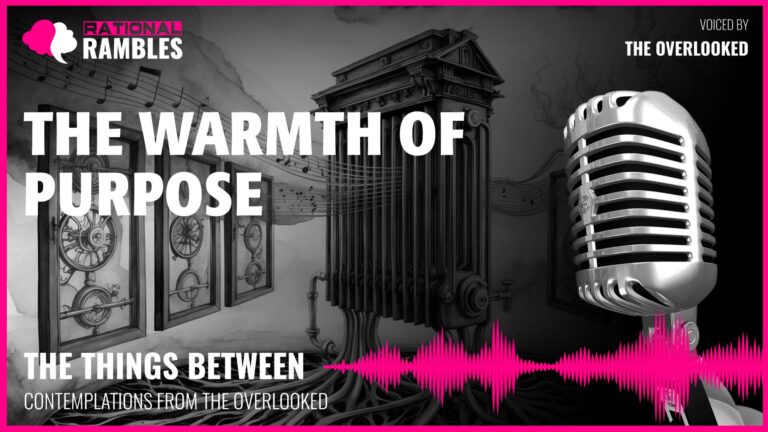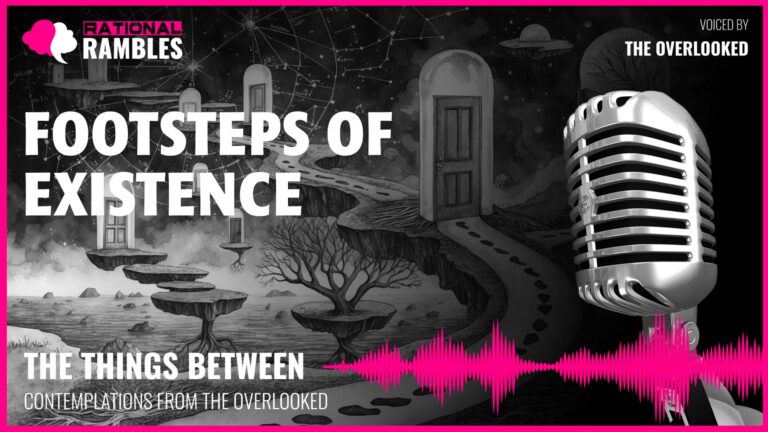The Value of Truth
In a world where communication is as essential as the air we breathe, the value of truth emerges as a pivotal theme in moral philosophy. The essence of truth transcends mere factual accuracy; it encompasses a deeper understanding of human relationships, the ethical frameworks we operate within, and the compassion that often governs our interactions. This article aims to explore the intricate dynamics between truth, compassion, and the moral obligations that arise from them, delving into the profound implications these concepts have in our lives.
The Foundation of Truth
At the heart of any meaningful relationship, whether personal or societal, lies trust, which is fundamentally built on the foundation of truth. When we engage in any form of communication, whether with friends, family, or colleagues, the expectation of honesty serves as a bedrock of trust. This expectation creates a sense of security, allowing individuals to express themselves authentically. Without truth, relationships can devolve into deception, manipulation, and ultimately, betrayal.
Philosophically speaking, truth can be seen as an intrinsic value—one that not only connects us to reality but also fosters a sense of shared understanding and belonging. The pursuit of truth compels us to confront our own biases and assumptions, thus promoting personal growth and development. Yet, the question arises: Is truth an absolute value that must always be upheld, or does it become negotiable in certain circumstances?
The Role of Context in Truth-Telling
The complexities of human existence inevitably lead us to scenarios where the unvarnished truth might result in unnecessary pain or conflict. For instance, the dilemma of whether to tell a terminally ill patient their prognosis raises significant ethical questions. On one hand, being honest allows for closure and preparation; on the other, the harshness of such truth may rob the patient of hope and the will to fight. Herein lies a nuanced interplay between truth and compassion, suggesting that context significantly impacts the moral appropriateness of truth-telling.
Philosophers such as Immanuel Kant have asserted that honesty is a categorical imperative—that is, a moral obligation that must be adhered to without exception. However, this rigid stance often overlooks the moral intricacies of real-life situations. Ethical frameworks must evolve to accommodate the complexities of human emotions, relationships, and the consequences of our words. The challenge becomes identifying when compassion might warrant a departure from pure honesty, and whether such a departure constitutes a failure of ethical obligation or a thoughtful act of kindness.
Compassionate Truth vs. Brutal Honesty
The dichotomy between compassionate truth and brutal honesty further complicates the discussion. While some individuals pride themselves on their ability to deliver unfiltered truths, this approach often neglects the emotional ramifications of their words. Truth, when wielded without consideration for its impact, can become a weapon, inflicting harm rather than fostering understanding. Conversely, compassionate truth recognizes the need for empathy in our exchanges, urging us to deliver honesty in a manner that is mindful of the recipient’s emotional state.
This raises essential questions: Is it possible to be both truthful and compassionate? How do we navigate the delicate balance between honesty and kindness in our interactions? The notion of “gentle truths” emerges as a potential resolution, inviting us to frame our truths in a way that acknowledges the humanity of those we engage with. By doing so, we can foster a culture where honesty thrives alongside compassion, enriching our relationships rather than fracturing them.
The Moral Hierarchy of Truth
As we delve deeper into the moral landscape surrounding truth, it becomes evident that ethical obligations are not absolute but exist within a hierarchy. In certain scenarios, protecting a vulnerable individual from harm may necessitate withholding information or reframing the truth. For instance, in situations where revealing a harsh reality could lead to significant psychological distress, the obligation to protect may outweigh the obligation to disclose the full truth.
This hierarchy of truth leads to a critical examination of our motivations and intentions. Are we withholding the truth out of genuine concern for someone’s well-being, or are we motivated by self-interest or fear of conflict? The distinction is vital. A compassionate approach requires us to engage in self-reflection, ensuring that our decisions are rooted in a desire to protect rather than to evade responsibility.
The Impact of Digital Communication on Truth
In an era dominated by digital communication, the nature of truth-telling is further complicated by the scale and permanence of our interactions. Unlike face-to-face conversations, digital communication often strips away contextual cues, leaving room for misinterpretation. A white lie shared with a friend might be harmless, but a deceptive post on social media can have far-reaching consequences, influencing countless individuals.
Moreover, the challenge of misinformation highlights the moral obligations we hold as communicators in a digital landscape. The repercussions of false information can be catastrophic, especially in the context of public health or civic matters. As such, those in positions of power or influence carry an enhanced moral responsibility to convey truth, given their capacity to shape public perception and opinion.
The Path Forward: Integrating Truth and Compassion
Ultimately, navigating the intricate dynamics between truth and compassion requires a commitment to ethical reasoning and moral development. The conversation surrounding truth is not simply about establishing rules or absolutes but rather about cultivating a nuanced understanding of human relationships. This understanding encompasses the complexities of context, the recognition of individual needs, and the commitment to fostering trust through honesty.
Perhaps the ideal approach is to maintain a strong presumption in favor of truth, while simultaneously recognizing that there may be rare instances where compassion requires a more nuanced response. By embracing this dual commitment, we can cultivate a culture that values both truth and compassion, enriching our interactions and enhancing the moral fabric of our society.
Conclusion
The value of truth is not merely a philosophical abstraction; it is a living principle that shapes our relationships, guides our decisions, and reflects our character. As we engage in the ongoing dialogue about truth-telling, let us strive to integrate compassion into our understanding of honesty. By doing so, we can foster a more empathetic world where truth is not seen as a weapon but as a bridge connecting us to one another, enriching our shared human experience.


